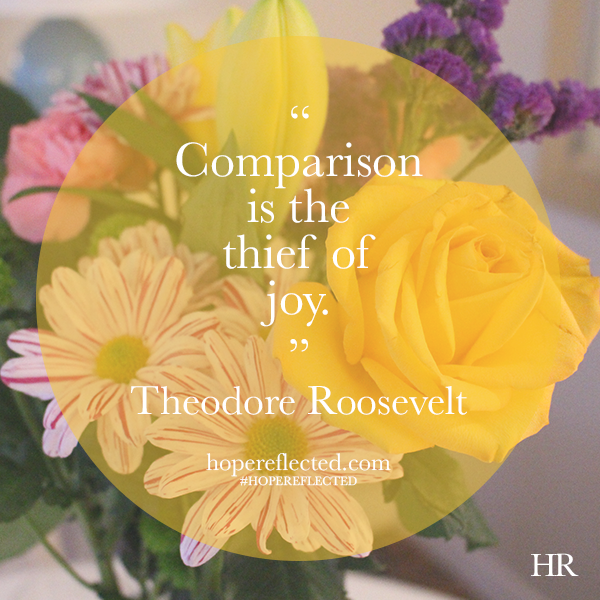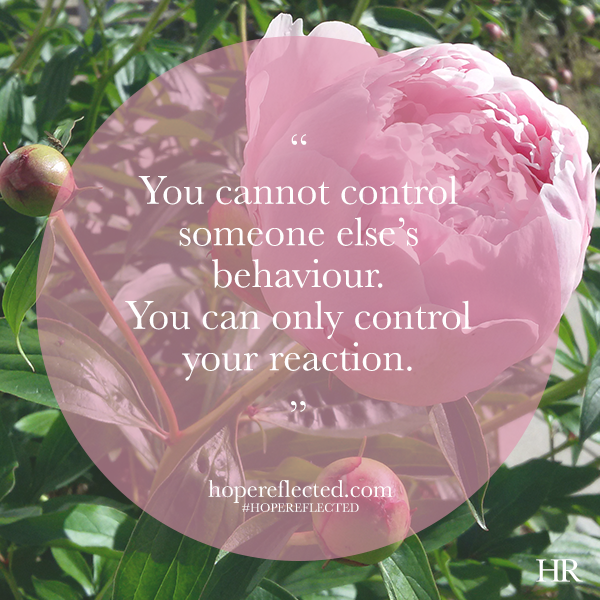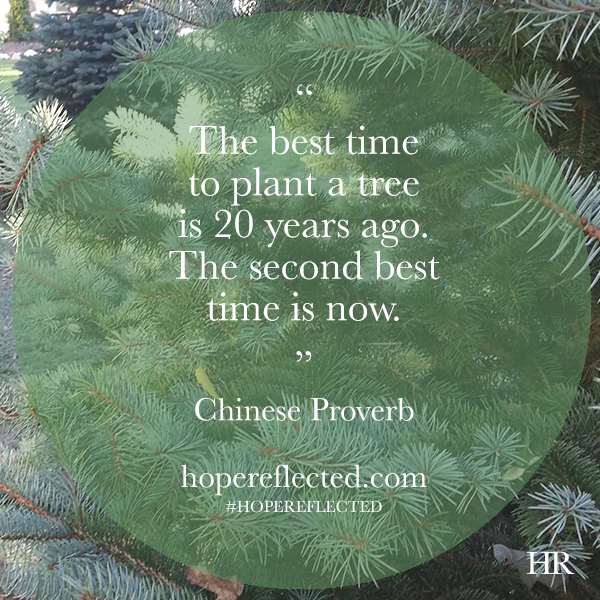Hope Reflected: 3 Facts About Trust
Written by H, Posted in Christian Living, Published Work
You may not know this, but the world’s tallest man-made structure is the Burj Khalifa in Dubai. Looking at it as a whole, you see this giant, sleek, 2,722 foot building – a mass of concrete, glass, and steel. Seldom would someone look at the building and wonder how it was constructed or what intricate equations and planning had to go into its creation.
That’s how it is with trust: Usually we look at trust from a whole perspective, and we don’t recognize that trust is actually built action by action, bit by bit. Over time, we learn to trust actions when we see someone’s character in motion. It is from this that the building blocks of trust are developed.
Two of my favourite virtues that God inspires are faith and trust. You might think that the two are similar, but here’s how they differ. Faith is, by definition, “the substance of things hoped for, the evidence of things not seen.” (Hebrews 11:1, KJV) We base our faith on something that’s beyond our own logic (at least in the beginning). We base our trust on something we do know, that’s proven by character over time. So when God commands me to trust in Him, I should be able to do this without doubt or question, right?
Great concept, although trusting in someone or something is often easier said than done. Trust is a foundational element to any successful relationship (whether with man or God). If you have trust, you have one of the most important ingredients to claiming your joy and living your life to its fullest potential.
Here are three things that I know for sure about trust:
- Trust helps us grow. You know what they say about the man who’s driven by the waves and tossed about? Or the man who builds his house on the sand? When we put our trust in the right place – our Lord, – we’re opening the door for Him to work in our lives for His greater good. Jeremiah 17: 7-8 (KJV) says, “Blessed is the man that trusteth in the LORD, and whose hope the LORD is. For he shall be as a tree planted by the waters, and that spreadeth out her roots by the river, and shall not see when heat cometh, but her leaf shall be green: and shall not be careful in the year of drought, neither shall cease from yielding fruit.”
- Trust helps us strengthen relationships. It’s often said that you can’t have successful relationships if you don’t have trust. And how do we build trust? Action by action, day by day. When we open our hearts and let others prove their character, we develop trust, and trust builds healthier, stronger relationships. Proverbs 31 (KJV) says of the virtuous woman that, “The heart of her husband trusts in her, and he will have no lack of gain.” Trust is a two-way street: It is earned, and it is an effort.
- Trust helps us move forward. A favourite Bible verse of many, Proverbs 3:5-6 (KJV) tells us that we should “Trust in the LORD with all your heart and lean not unto thine own understanding. In all thy ways acknowledge him, and he shall direct thy paths.” When we have a solid foundation for each decision we make in life, we enable ourselves to move forward along the right path with confidence.
I know that I can put my trust in God, Who’s never disappointed me, and Who’s always proved that He’s had a plan in mind for me that exceeds my wildest expectations. If you’re having trouble trusting, start with the basics. God won’t let us down, and when we have a firm foundation for our faith, our confidence will grow and our hearts will be more open to trust. Isaiah 49:23b (NCV) promises, “Then you will know I am the LORD. Anyone who trusts in me will not be disappointed.”












![False friends or counterfeit kindness; whatever you want to call it, the world is filled with people who will say one thing to your face and then another behind your back; people who will woo you in order to get something from you.
It’s sad, but it’s true.
The Bible provides us with examples from Joab to Judas, and yet, we’re surprised when we find ourselves deceived and hurt by someone else.
So what are some of the hallmarks of a true friend?
You can read more about this on hopereflected.com [Link in profile]
.
.
.
#friends #friendship #kindness #counterfeitkindness #hurt #proverbs #truefriends #hopereflected #blog #blogpost](https://www.hopereflected.com/wp-content/plugins/instagram-feed/img/placeholder.png)